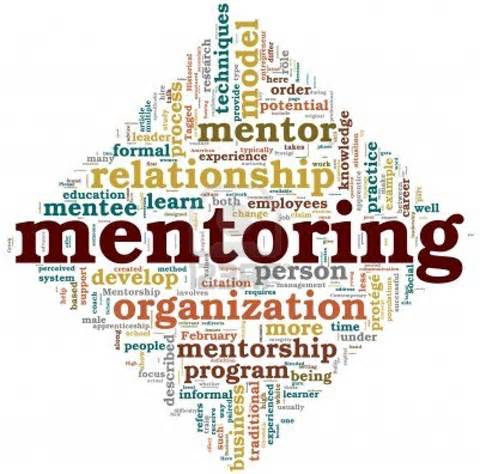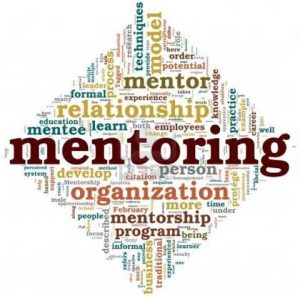Recently I was asked if sponsorship was the new mentoring. My answer is an emphatic NO!
In my experience mentorship and sponsorship are very distinct. And I believe the most powerful mentoring includes sponsorship. While sponsorship can be a very successful stand alone strategy, it cannot and will never replace mentoring.
Effective mentoring is an interactive, dynamic and empowering relationship that improves the thinking of both partners. This allows them to grow, develop and advance together. They become fully accountable for the actions they take and learn from their mistakes, their triumphs and everything in-between. In successful partnerships both people understand their roles, trust each other, are willing to listen and try new things.
An effective mentor always remembers who you are when the going gets tough. They ask the hard questions that make you think more deeply and clearly. They cheer the loudest when you experience a breakthrough, take a step that seems impossible, or reach a goal so challenging there could be no certainty of accomplishment until it was achieved. Mentoring is all about helping you develop the skills and the kind of strategic thinking that experience teaches.
Sponsorship is all about opening doors to new opportunities. It is one of the greatest gifts a mentor can give. Mentors who sponsor their mentees share access to their own network, to people at different levels in the organization and to resources. Sponsorship when done well can lead to bigger assignments, honors and recognition, and at times, promotions. It lets your mentee know they are growing and learning, and just as importantly that you recognize their progress and value.
You may be more familiar with sponsorship as an on-boarding strategy for new hires. This is a very successful way of acculturating people into the organization so they become productive more quickly. Successful sponsorship relationships can also blossom to become life-long professional friendships. Casey Powell, former President and CEO Sequent, shared with me about how effective sponsorship for on-boarding new hires can be. It helped build a workforce of team players who genuinely cared about each other and the organization. Though Sequent was acquired by IBM in 1999, more than 1500 former Sequent employees have maintained professional relationships that were nurtured by their sponsorship program. They stay in touch via a LinkedIn Group.
When we provide staff training in the essential skills you need to succeed as an effective mentor and leader, we include sponsorship strategies and how to appropriately share your network.

